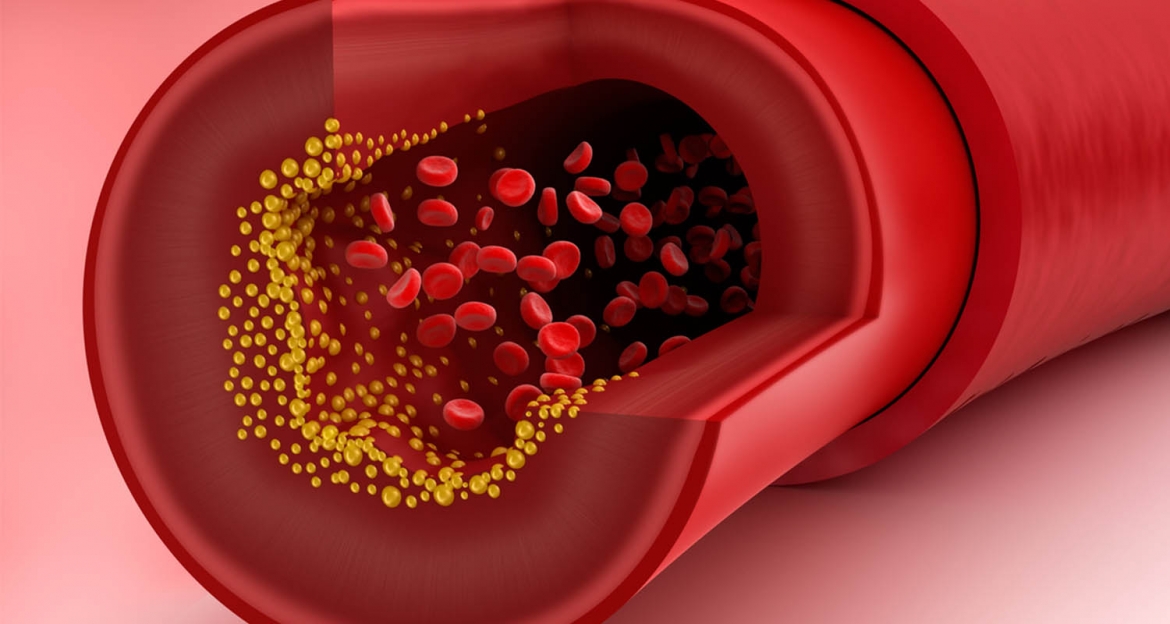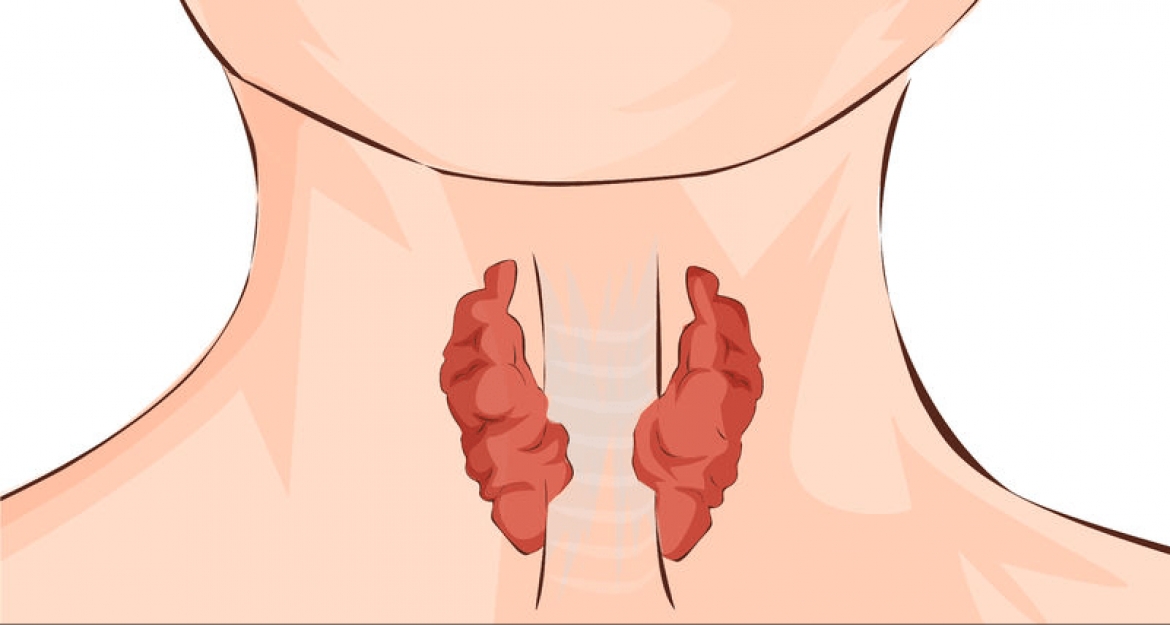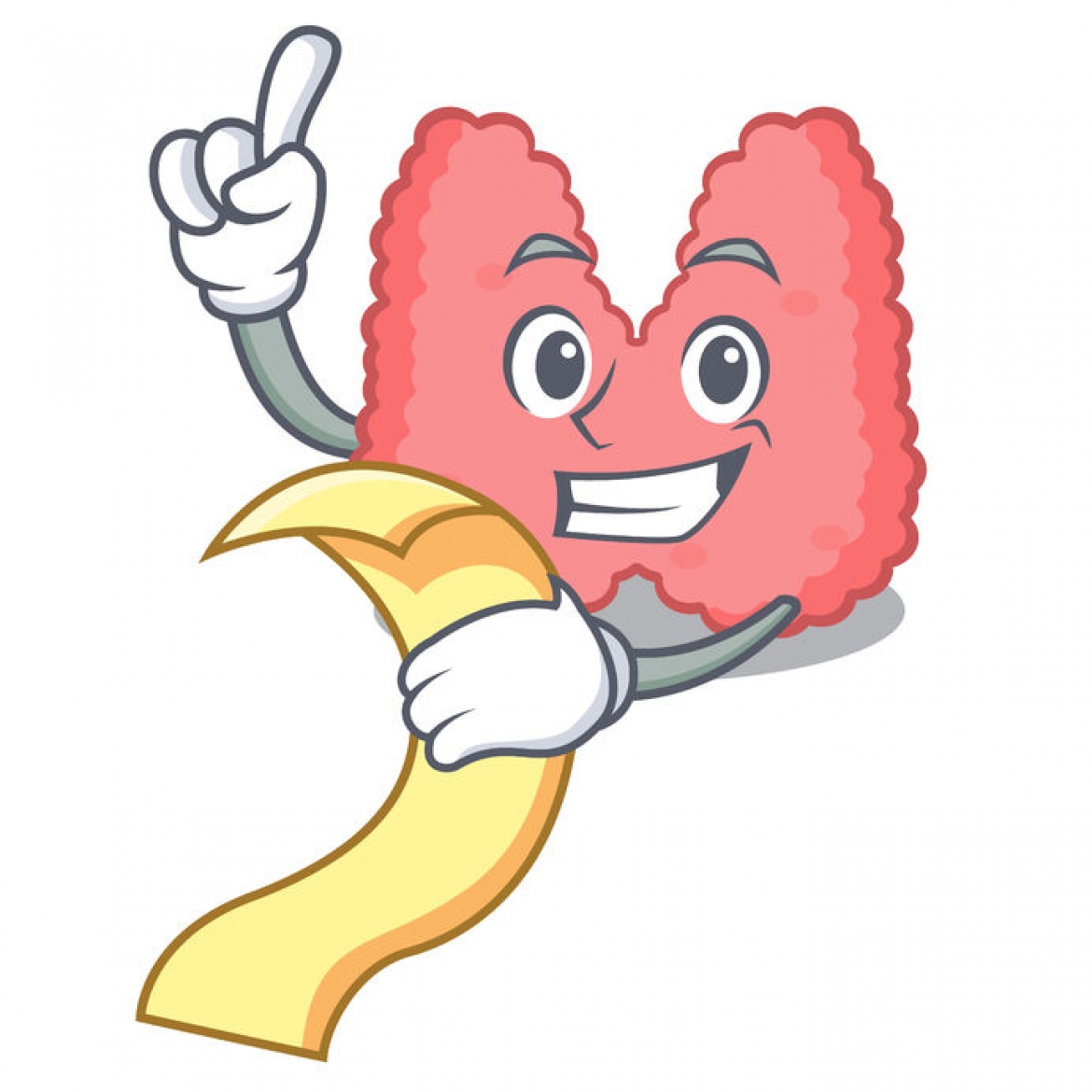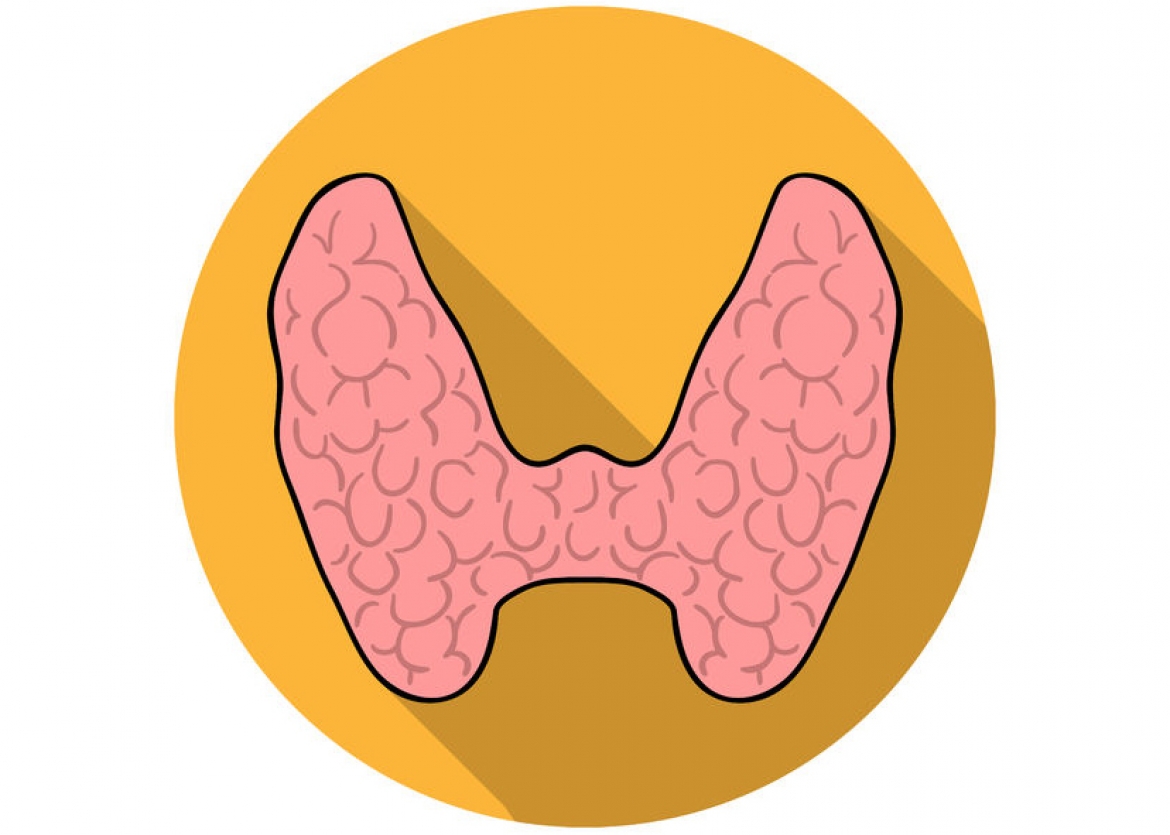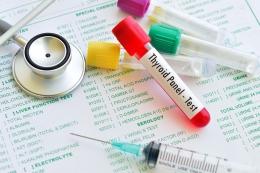Are you constantly feeling under the weather? Your thyroid may be the problem. Thyroid conditions are much more common than most people expect; they affect an estimated 12% of the American population (some 20 million people), and the majority of those affected are unlikely to realize they have a poorly functioning thyroid at all[i].
Thyroid problems can arise from autoimmune disease, as a result of chemotherapy, from certain medications, or even as a result of a genetic predisposition[ii].
People suffering from thyroid dysfunction generally fall into one of two categories: hyperthyroidism and hypothyroidism.
What is Hypothyroidism?
Hypothyroidism is when your thyroid gland isn’t producing enough hormones for your body to function efficiently (as opposed to hyperthyroidism, where your thyroid is creating an excess of hormones).
The symptoms caused by hypothyroidism vary, but some of the most commonly reported are low body temperatures (below 98oF), digestive upset, cognitive dysfunction (i.e. difficulty concentrating or remembering), dry skin, insomnia, and difficulty losing weight.
Hypothyroidism is easily diagnosed with a simple blood test and is generally considered a lifelong condition that is managed with prescription medication.
What is L-Tyrosine?
L-Tyrosine is a nonessential amino acid, which means that our bodies can normally produce it on our own (whereas “essential” amino acids are derived from our diets). Tyrosine’s job is to help the body manufacture thyroid hormones, as well as neurotransmitters like dopamine, epinephrine, and norepinephrine.
Some scientists refer to it as the “antidepressant” of amino acids, because the neurotransmitters Tyrosine is responsible for creating play a massive part in regulating our mood[iii].
Tyrosine is also a proteinogenic amino acid, meaning that it helps create important proteins that your body needs to function, and it helps produce melanin (the substance that is responsible for our skin, hair, and eye color).
Tyrosine is commonly used to help promote cognitive function in patients, i.e. learning, memory, and alertness. This has proven to be especially effective in patients suffering from high levels of stress[iv]. However, it is important to note that tyrosine does not lower the perception of stress; it only prevents cognitive decline in response to everyday stressors.
A recent study conducted in December 2015 revealed that low tyrosine levels in the body appear to be strongly linked to low amounts of thyroid hormone[v].
This is likely because Tyrosine mixes with iodine in the body to create the thyroid hormones triiodothyronine (T3) and thyroxine (T4). Without enough Tyrosine in the body, the thyroid can’t make these hormones, which means that your body loses the ability to regulate your metabolism.
Benefits of Taking L-Tyrosine for Hypothyroidism
Taking L-Tyrosine as a supportive supplement can help to combat cognitive dysfunction associated with hypothyroidism, in addition to supporting the thyroid gland in the creation of hormones T3/T4, and neurotransmitters.
Tyrosine can improve the health/ appearance of your skin and hair, and has also been shown to reduce stress in patients and encourage deep, restorative sleep. Tyrosine may also have potential in treating ADHD symptoms and Parkinson’s Disease[vi].
Recent research suggests that Tyrosine has the potential to treat premenstrual syndrome, chronic fatigue syndrome, cardiovascular disease, and certain substance dependencies or addictions[vii].
If you are taking L-Tyrosine, you should be careful to avoid food such as broccoli, Brussel sprouts, spinach, soybeans, etc. as all of these foods have a tendency to interfere with proper thyroid function, and can lead to an actual overdose of L-Tyrosine.
L-Tyrosine is also a stimulatory amino acid, which means that it is likely to interact with other drugs or supplements. You should let your doctor know if you are taking any medications that affect your dopamine and norepinephrine levels (ex. Levodopa)[viii].
You should also avoid taking L-Tyrosine if you suffer from chronic migraine, as tyrosine can occasionally trigger migraine headaches and/or digestive upset.
Other Treatment Options
In addition to taking L-Tyrosine, hypothyroidism is normally treated with a prescription of artificial thyroid replacement drugs like Synthroid or Cytomel.
Natural supplements like Thyromate[ix], which contains L-Tyrosine along with other useful vitamins and minerals, may be prescribed in addition to artificial thyroid replacers to help support the thyroid.
Because maintaining the proper balance of thyroid hormones in your body is key to managing the condition, your doctor will likely need to monitor you for up to 8 weeks to ensure that you are on the correct dosage and that the medication is benefitting you.
If you suffer from hypothyroidism, or believe that it may be a possibility, talk to your doctor about adding L-Tyrosine to your regimen.
While L-Tyrosine should not be used in place of other thyroid replacement medications, adding it as a supplement can help induce mental alertness (especially during times of stress), can ease the symptoms of depression and insomnia, and can help promote an overall feeling of wellness that you may have been lacking before.
References:
[i] https://www.thyroid.org/media-main/about-hypothyroidism/
[ii] https://www.mayoclinic.org/diseases-conditions/hypothyroidism/symptoms-causes/syc-20350284
[iii] https://www.ncbi.nlm.nih.gov/pmc/articles/PMC292197/
[iv] https://www.ncbi.nlm.nih.gov/pmc/articles/PMC1863555/
[v] https://www.ncbi.nlm.nih.gov/pmc/articles/PMC4798095/
[vi] https://www.ncbi.nlm.nih.gov/pmc/articles/PMC292197/
[vii] https://www.thyromate.com/formula
[viii] https://www.ncbi.nlm.nih.gov/pmc/articles/PMC292197/
[ix] https://www.ncbi.nlm.nih.gov/pmc/articles/PMC292197/
read more..
